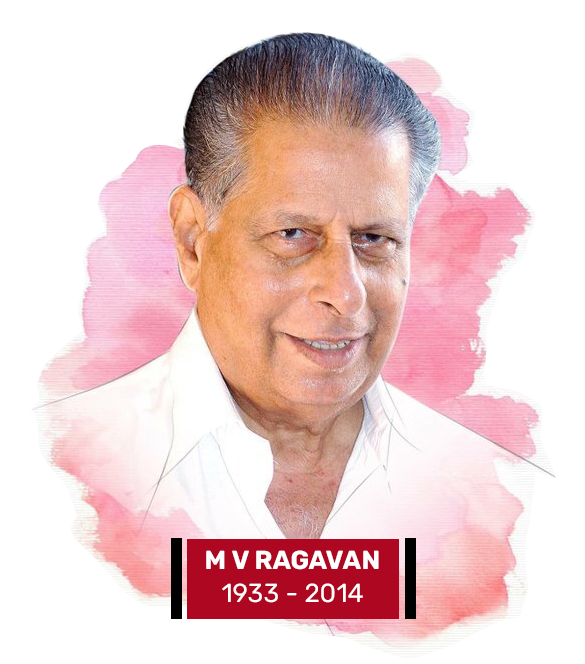Introduction
Cancer has become one of the ten leading causes of death in India. The large-scale morbidity and mortality of cancer is easily reversible with well-planned cancer education, organized screening, and early detection programs.
Aim
Reduce the incidence, morbidity and mortality related to cancer in the population through a cancer screening program to detect cancers and pre-cancerous conditions in their early stages, thereby ensuring appropriate treatment leading to a greater chance of cure, better survival and quality of life.

Program Objectives
- To raise public awareness regarding prevention of cancer and its early signs and symptoms in the general population.
- To ensure detection of cancer and pre cancer conditions as early as possible
- To enable an equitable access to the program for the target population
- Facilitate the provision of high quality and appropriate diagnostic and treatment services to the participants
- To collect and analyse data for participant follow up, further research and evaluation of the program

Program Strategy
The cancer screening program comprises of two components
- A community based screening program
- A hospital-based screening program

Community Based Screening Program
Cancer prevention
- Health education through cancer awareness seminars, classes and talks to the general public.
- Health education to the general public on cancer through distribution of leaflets, pamphlets or brochures and through other print and visual media.
- Undertaking activities that promote tobacco cessation, appropriate dietary practices and adequate physical activity.
- Observance of cancer related awareness campaign months/days.
Early detection of cancer and pre cancer conditions
- Conducting community based cancer screening camps with “Wheels of Hope” -Mobile Cancer Screening Unit.
Cancer screening camps are conducted in two stages
Primary screening of the target population by trained volunteers.
Screening camps by health professionals for the participants selected from the primary screening procedure.
Follow up and treatment of the subjects that require further evaluation.
- Training of volunteers in identifying early signs and symptoms of cancer, conducting surveys and educating the public.
Enabling equitable access
- Collaboration with Local self-government institutions (LSGIs), Non-governmental organisations (NGOs) and Community based organisations (CBOs) to enable equitable access of the program to the target population irrespective of their geographic, socioeconomic or cultural differences.

Hospital Based Screening Program
CanCare - An opportunistic screening program in the hospital strictly based on an individual subject’s request to be screened.

Program Evaluation
In addition to continuous scrutiny and monitoring the entire program will be subject to a regular periodic evaluation.
The program will be evaluated in terms of its acceptability, cost effectiveness, quality assurance and outcome.
Evaluation indicators
- Process indicators – no. of awareness sessions conducted, no. of camps conducted, no. of training sessions, participation rate, etc.
- Outcome indicators – change in awareness and knowledge in the population, screening positivity rate, cancer detection rate, follow up rate, etc







